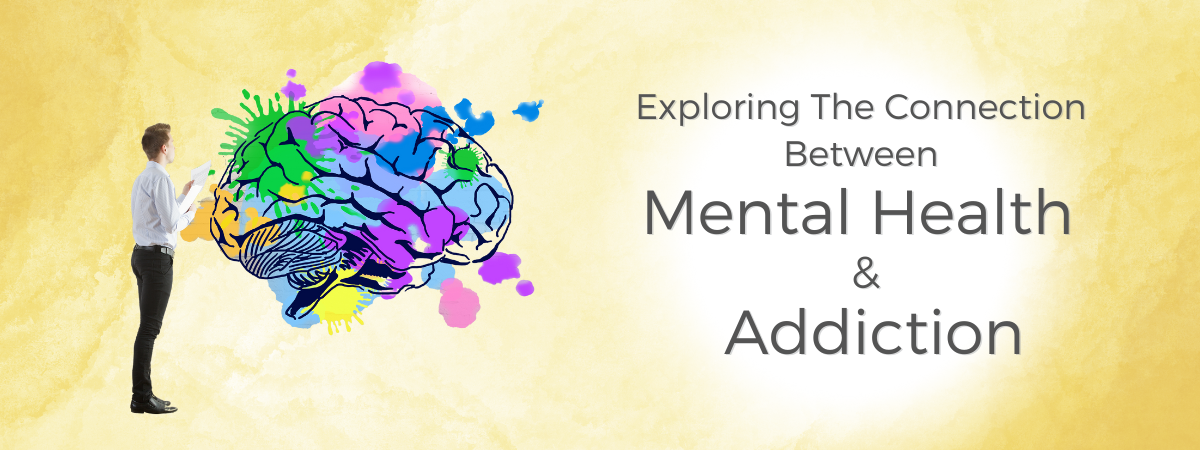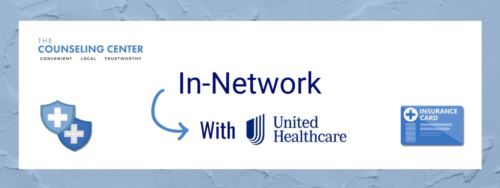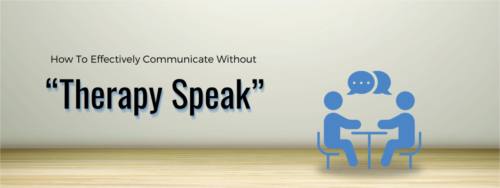

Is There A Connection Between Mental Health And Addiction Near Robbinsville ?
Have you ever wondered what triggers substance use disorders (SUD)? Knowing the answer could give us the ability to stop and treat these disorders. Fortunately, the latest research is helping us grasp substance use and handle it better. Recent studies have found a compelling link between substance use and mental illness. If you are struggling with a SUD, you might also have a co-occurring mental disorder. By understanding this, you can pursue more beneficial treatment that manages mental health and addiction near Robbinsville .
What’s The Connection Between Mental Health And Substance Use Near Robbinsville ?
In a recent finding, the Substance Abuse and Mental Health Services Administration (SAMHSA) calculated that around 17 million adults in the United States have both a mental illness and a SUD. They also found that teenagers and adults with mental illnesses were more inclined to use addictive substances. This evidence shows a significant connection between mental health and substance use in Robbinsville and throughout the country. But how can mental health disorders lead to substance use?
How Does Mental Illness Cause Substance Use?
It’s well known that mental disorders are often hard to deal with. When not addressed properly, your disorder can leave you feeling confused, frightened, angry, and despondent. You could even experience some crippling physiological symptoms. This is true whether you have been formally diagnosed with a disorder or do not comprehend that you have one.
If a mental illness makes your life challenging, it’s not surprising you may have been pushed to take dependency-causing drugs or alcohol to manage. The chemicals cause you to feel better temporarily. They might dull the distress you feel or give you a “high” that makes you feel good. When consuming, you might feel more normal and capable.
When you consume habit-forming substances to manage the symptoms of a mental health condition, it is called self-medicating. You may ingest these substances to feel temporarily happier, more energized, or less troubled. You may also ingest them to deal with physical aches and pains. Self-medication includes using substances not ordered by a doctor, such as illicit drugs or alcohol, as well as excessive use or misuse prescription medications.
Self-medication often commences accidentaly. Overindulging in alcohol or improperly using drugs looks like a reprieve and a method of dealing with reality. Unfortunately, it’s hard to stop ingesting something that leaves you feeling better. Your mind and body become reliant on those chemicals, and you can’t function without them. What follows is a pattern of self-medication that can spiral beyond your control and cause unsafe and destructive actions.
Understanding the source of your substance use offers a a place to begin your recovery. Once you understand that mental illness exists at the foundation of your substance use, you can manage both and have a better chance at recovery.
Does Substance Use Influence Mental Health Too?
The influences of mental conditions and substance use disorders can be cyclical. The chemicals in addictive substances alter neural pathways. They can lead to or worsen mental illnesses. The distress of being overwhelmed by addiction might also trigger mental conditions like depression and anxiety. In return, you may rely on alcohol and drugs even more to cope, and the cycle begins again.
Why Manage Mental Health And Addiction Together?
Dealing with a substance use and mental health condition might sound daunting, even insurmountable. But digging into the root of your substance use is vital for enduring recovery. Once you understand what co-occurring disorder precipitated your drug or alcohol use, you have a great starting point for treatment. Treating mental conditions with individual therapy and prescription medicine places you in a better spot mentally for abstaining from addictive substances. Various skills you learn in therapy for navigating mental health will assist you in remaining sober, too. You’ll enjoy more success navigating your addiction when you deal with any underlying mental health issues first.
Get Treatment For Substance Use Disorders And Mental Illness Near Robbinsville
If you battle co-occurring addiction and mental health disorders, The Counseling Center At Robbinsville can help. Our expert staff understand how to help you navigate the difficulties you face with evidence-based treatment. Call 609-806-5083 or submit our contact form to talk to someone at once about admissions.



